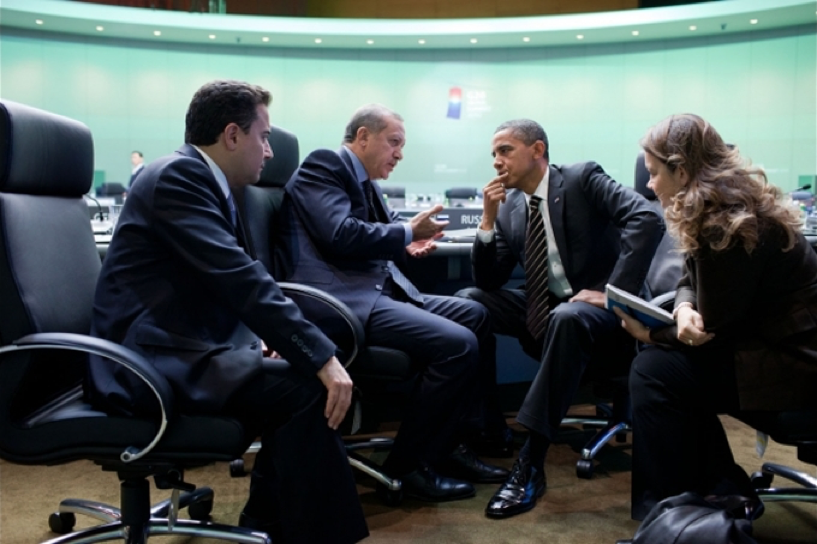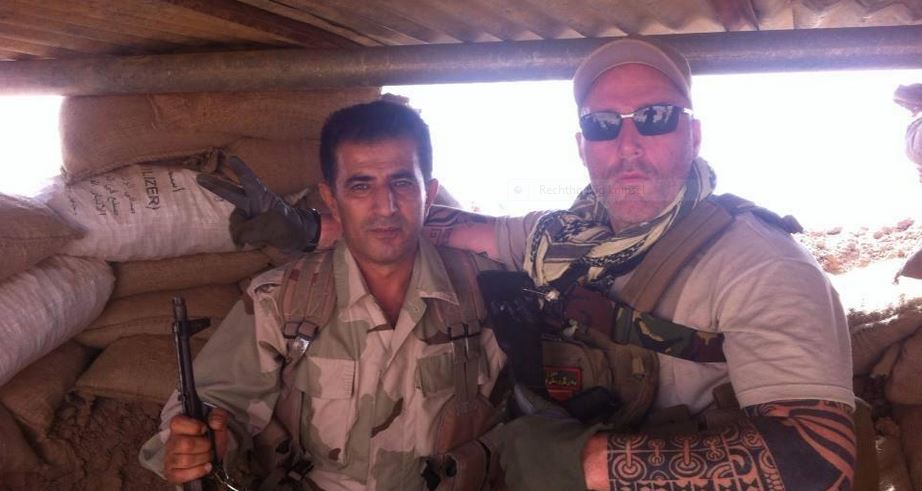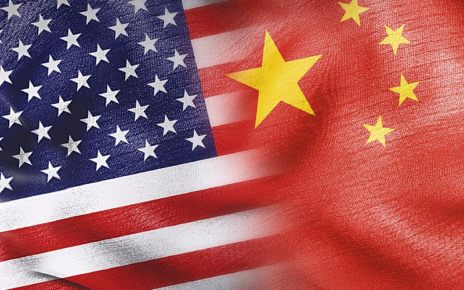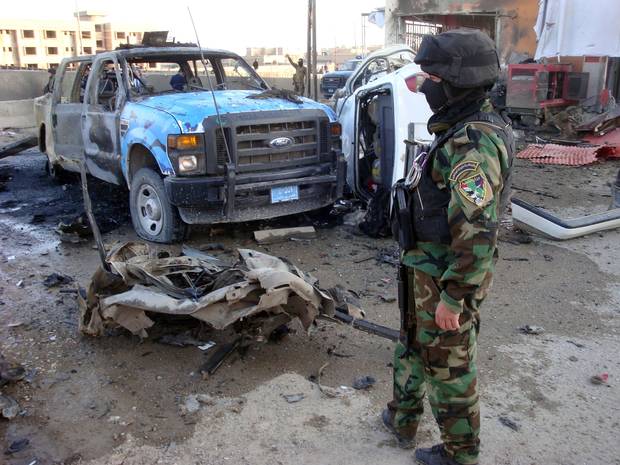Recep Tayyip Erdoğan’s Turkey is consistently at the centre of international attention. The Prime Minister turned President has gained notoriety for leading NATO’s secular and democratic Middle East ally in an increasingly authoritarian direction. This causes problems for NATO allies and operations as well as for EU negotiations. The dynamic has become the status quo because Turkey challenges multiple strategic interests simultaneously, making it difficult to address its behavior.
A good starting point for evaluating Turkey’s impact is its volatile relationship with Russia, which has been tense for several years. It hit its lowest point after Turkish forces shot down a Russian jet in Turkish airspace last November which sparked a Russian retaliation using economic sanctions. Erdoğan’s official position is that Russian actions indicate Putin’s desire for the relations of the two countries to deteriorate. Two months later, another jet was detected. A Russian ambassador dismissed the allegations as baseless propaganda.
Russia has been aggressively expanding around Turkey’s southern, northern and eastern borders by proxy. The fighter jet incidents occurred in the context of heavy deployment of Russian drones, missiles, and an overwhelming number of personnel. Russia has been open about its strategy to encircle Turkey with the goals of intimidation or destabilization. Tension is highest over the situation in Syria as Russia continues to provide support for protecting Syria’s territorial integrity by backing both the Assad regime and the Syrian Kurdish Peoples’ Protection Unit (YPG) in areas bordering Turkey.
Turkey responded to the fighter jets and to the support for the Kurds, with attacks on the Syrian army and the YPG. Russia recently brought a draft resolution demanding the immediate halt of cross-border shelling by the Turkish army into Syria and called a Security Council meeting to “cease any actions that undermine Syria’s sovereignty.” The United Nations Security Council rejected the draft resolution, but the dispute between Turkey and Russia continues to be problematic. German officials have expressed concerns with the possibility of a NATO conflict with Russia.
The Ankara-Moscow rivalry is especially volatile given the proximity of their respective armed forces on the Turkish-Syrian border. The potential for serious clashes in Syria make it a test case for how the Alliance can handle its position between the two rivals. Using Turkey as a tool, Russia has been testing NATO’s limits because Putin believes that he can undermine the organization’s credibility by exposing it as a military federation which debates whether to support one of its members. NATO needs to stand behind its collective security mandate to counter Putin’s strategy, but at the same time wants to avoid a military confrontation with Russia.
This helps explain Russia’s persistence in antagonizing Turkey. Russian military analysts have openly stated that “By helping the Kurds, we unsettle Turkey to such a degree that it can think of nothing else….” NATO has made it clear that Turkey cannot count on Alliance support if it initiates the conflict with an attack. The organization cannot afford a military escalation for the benefit of one belligerent ally. Still, Russia might attack on Turkish soil, allowing Erdoğan to cite Article 5. This would either trigger an expensive escalation, or challenge NATO’s unanimity when committing support. Allies are trying to avoid stationing additional troops in Turkey, but the potential for conflict and its consequences for the Alliance are difficult to predict.
NATO allies are hesitant to give unconditional support to Turkey, but it matters that many of the clashes occur on Syrian borders. Turkey is viewed as critical in the fight against ISIS because of its strategic geographic position on the border, and unique status as a Middle East organization member. However, as the conflict continues it becomes more clear that Turkey is posing an additional challenge to NATO, separate from the clashes with Russia, and contributing to a bigger conglomeration of problems.
Turkey is in conflict with the United States over the fight against ISIS for two reasons: its reluctance to engage in military action with the U.S.-led campaign, and its objection towards the U.S. support of Kurdish groups fighting ISIS through supplies, funding and training. The U.S. considers the YPG a useful ally against ISIS, but the YPG’s advance north of Aleppo has strained ties between Ankara and Washington. Turkey accuses the YPG of being behind the Ankara bombings in February and March, while the U.S. maintains that it does not consider the YPG a terrorist group.
The disagreement over Kurdish groups has had multiple effects on Turkey’s terror policy. The first is its development into a quasi-state sponsor of terrorism. The charge is serious but the evidence is abundant.
Turkey’s actions make it a counteractive force to U.S. efforts against ISIS in Syria. It is exacerbating conflict with the Kurds and Russia while demanding unconditional NATO support. The Kurds could take on a more central role in the U.S.-led fight against ISIS. Although many feel the Kurds are unwilling to fight outside of ‘Syrian Kurdistan’ in north and northeast Syria, the U.S. and the rest of NATO have considerable symbolic and tangible benefits to offer and incentivize an effective strategic asset. The Kurdish fighters could serve as a valuable regional partner to stabilize the region and an effective on the ground counterpart in fighting ISIS. They could be more reliable than Turkey and their goals are more compatible with those of NATO. Unfortunately, this kind of policy path is a difficult option to pursue when an existing NATO ally views the group as a salient threat to domestic security.
Photo: U.S. President Barack Obama and Turkish President Recep Tayyip Erdogan. Courtesy of U.S. federal government via Wikimedia Commons.
Disclaimer: Any views or opinions expressed in articles are solely those of the authors and do not necessarily represent the views of the NATO Association of Canada.




